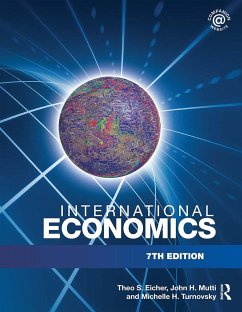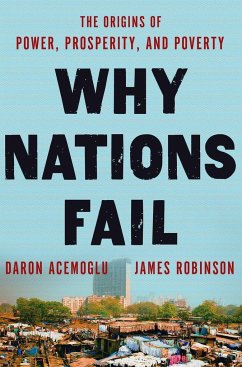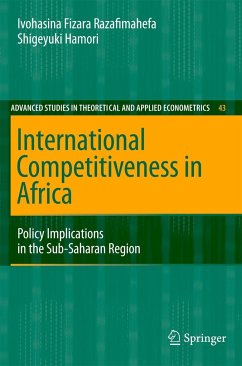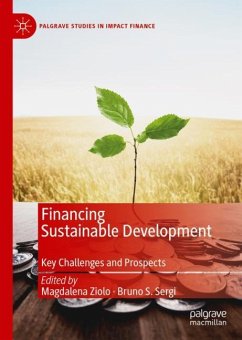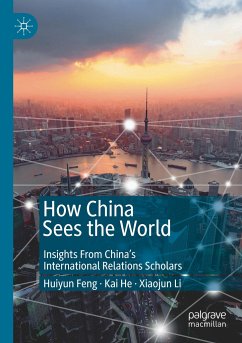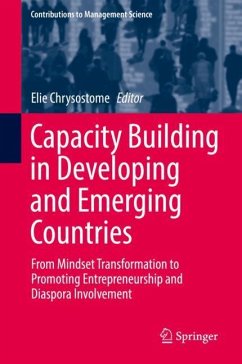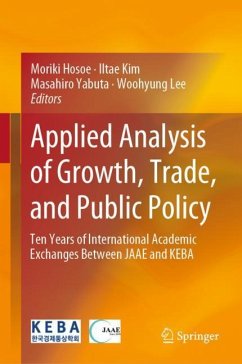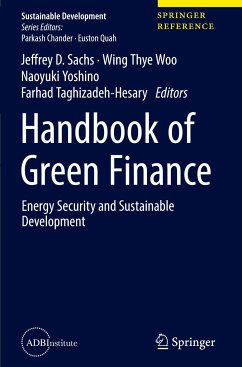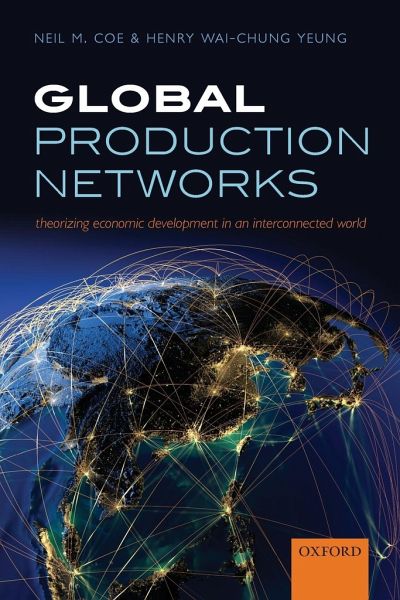
GLOBAL PRODUCTION NETWORKS P
Versandkostenfrei!
Versandfertig in 1-2 Wochen
40,99 €
inkl. MwSt.

PAYBACK Punkte
20 °P sammeln!
Accelerating processes of economic globalization have fundamentally reshaped the organization of the global economy towards much greater integration and functional interdependence through cross-border economic activity. In this interconnected world system, a new form of economic organization has emerged: Global Production Networks (GPNs). This brings together a wide array of economic actors, most notably capitalist firms, state institutions, labour unions, consumersand non-government organizations, in the transnational production of economic value.National and sub-national economic development...
Accelerating processes of economic globalization have fundamentally reshaped the organization of the global economy towards much greater integration and functional interdependence through cross-border economic activity. In this interconnected world system, a new form of economic organization has emerged: Global Production Networks (GPNs). This brings together a wide array of economic actors, most notably capitalist firms, state institutions, labour unions, consumers
and non-government organizations, in the transnational production of economic value.
National and sub-national economic development in this highly interdependent global economy can no longer be conceived of, and understood within, the distinct territorial boundaries of individual countries and regions. Instead, global production networks are organizational platforms through which actors in these different national or regional economies compete and cooperate for a larger share of the creation, transformation, and capture of value through transnational economic activity. They are
also vehicles for transferring the value captured between different places.
This book ultimately aims to develop a theory of global production networks that explains economic development in the interconnected global economy. While primarily theoretical in nature, it is well grounded in cutting-edge empirical work in the parallel and highly impactful strands of social science literature on the changing organization of the global economy relating to global commodity chains (GCC), global value chains (GVC), and global production networks (GPN).
and non-government organizations, in the transnational production of economic value.
National and sub-national economic development in this highly interdependent global economy can no longer be conceived of, and understood within, the distinct territorial boundaries of individual countries and regions. Instead, global production networks are organizational platforms through which actors in these different national or regional economies compete and cooperate for a larger share of the creation, transformation, and capture of value through transnational economic activity. They are
also vehicles for transferring the value captured between different places.
This book ultimately aims to develop a theory of global production networks that explains economic development in the interconnected global economy. While primarily theoretical in nature, it is well grounded in cutting-edge empirical work in the parallel and highly impactful strands of social science literature on the changing organization of the global economy relating to global commodity chains (GCC), global value chains (GVC), and global production networks (GPN).



